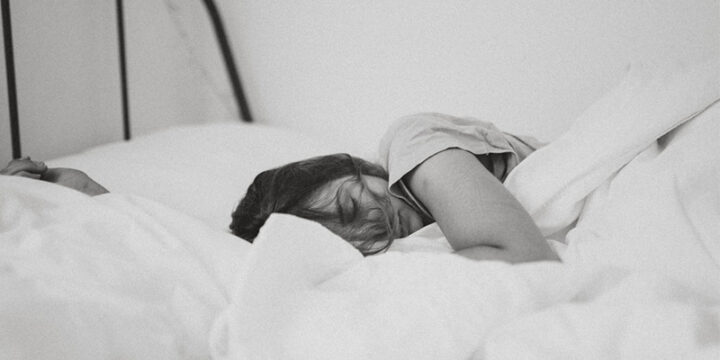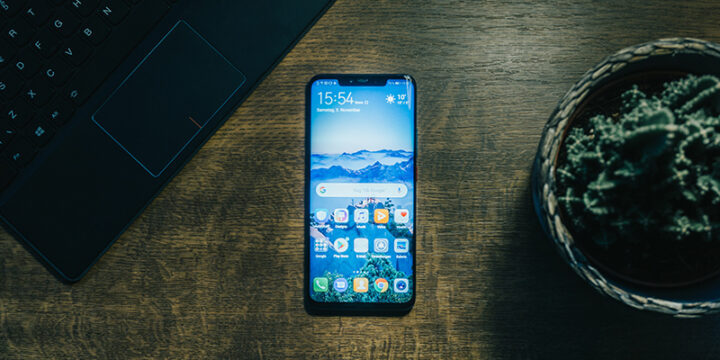A good night’s sleep is equivalent to a highly potent dose of Amrit (herb of life); though Amrit might prevail only in mythology, your sleep should not suffer the same fate. Sleep is highly overlooked. People lose out on sleep for various reasons like work obligations, reading, playing video games even working out without factoring in the perils caused by sleep deprivation.
There are several reasons one might not sleep or achieve a good quality of sleep that makes them feel rejuvenated in the morning. If you have insomnia or severe disturbance in your sleep, we advise that you consult a specialist. Make it to the end of the article, and we have a surprise for you!
Here are 5 Reasons Why You Are Missing Out On Sleep:
Temperature

Did you know sleeping in a cold room drastically increases your sleep quality levels? Switch on the AC and set the temperature to around 18-22 degrees Celsius based on your preference. Sorry guys, we aren’t talking about your spouse’s cold shoulder after a fight. Having a cooler environment relaxes your body naturally and helps you to have a long uninterrupted shuteye.
Activity Levels Before Sleeping

Exertion is also one of the critical factors in deep sleep and proper REM cycles. If you live a sedentary lifestyle that does not involve a lot of physical exertion, you will find it difficult to sleep. At the same time, if you work out close to bedtime, then you will face the same issue due to the release of endorphins, adrenaline and other hormones that will keep your heart rate up for a while.
Nutrition

Poor nutrition will always lead to problems in various aspects of life. Our gut system is indeed our second brain due to the presence of several nerves. If you consume nutritious food with balanced macronutrients, then you won’t have impaired sleep. Deficiencies in micronutrients like magnesium, vitamins and calcium are associated with several sleep problems.
Caffeine Intake

Caffeine in coffee beverages or pre-workout supplements help increase performance and focus in the gym, but caffeine stimulates your nervous system when consumed late in the day. It may stop your body from naturally relaxing at night, and in one study, it was noted that consuming caffeine up to 6 hours before bed worsened sleep quality.
Screen Time Before Sleeping

Exposure to light during the day is beneficial, but nighttime light exposure has the opposite effect; this is due to its impact on your circadian rhythm, tricking your brain into thinking it’s still daytime. This reduces hormones like melatonin, which help you relax and get deep sleep. Blue light, which electronic devices like smartphones and computers emit in large amounts, is the worst in this regard.
